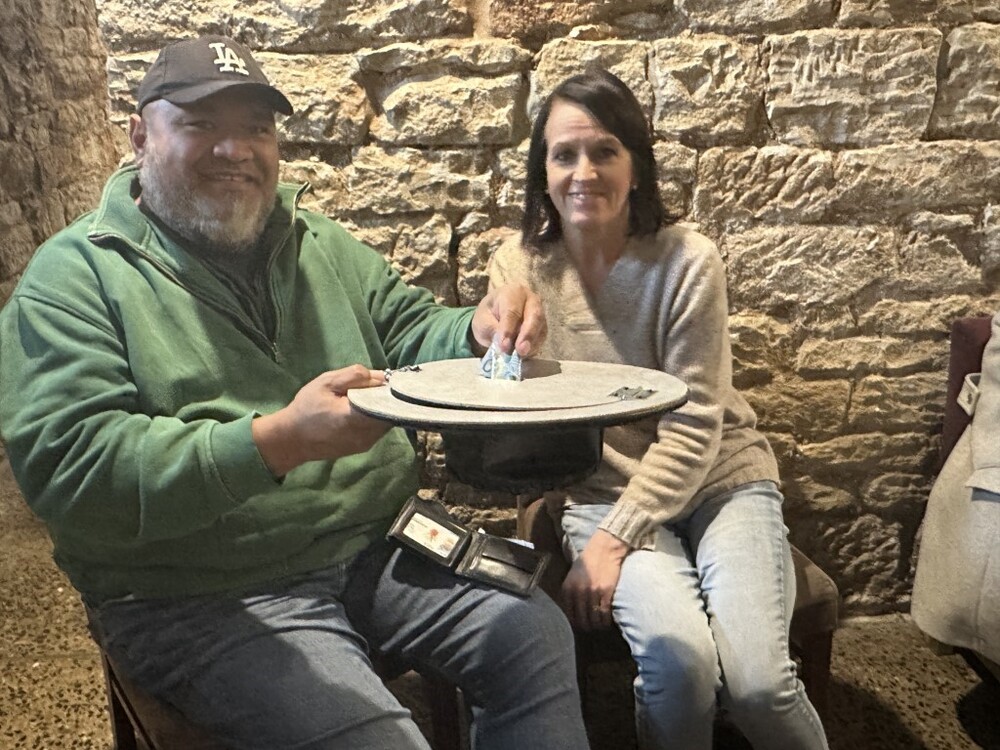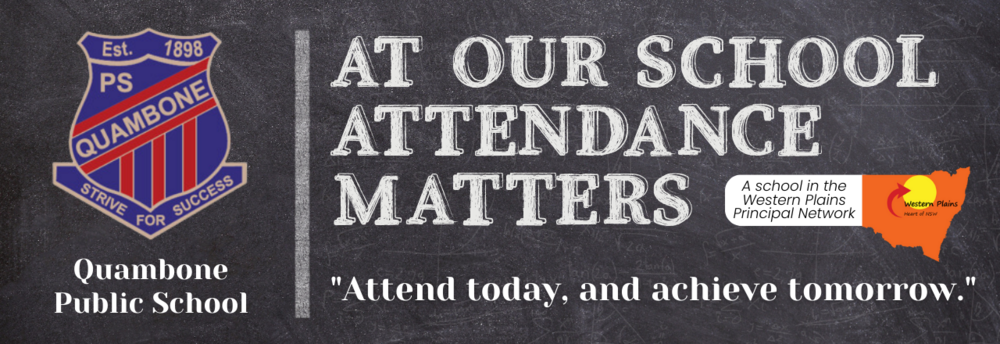Western Plains patients to benefit from clinical cancer trial
Sharon Bonthuys
29 July 2023, 3:40 AM
 Actor Samuel Johnson with Louise Mathieson of The Administration Agency and Dubbo Triple M breakfast radio announcer Chris 'Matho' Mathieson during his Dubbo visit.
Actor Samuel Johnson with Louise Mathieson of The Administration Agency and Dubbo Triple M breakfast radio announcer Chris 'Matho' Mathieson during his Dubbo visit. Much-loved Australian actor Samuel Johnson OAM, co-founder of the Love Your Sister (LYS) Foundation, has visited Dubbo and central west NSW recently to promote a clinical cancer trial model bringing “Precision Medicine” to rural and regional residents.
Mr Johnson spent a week talking to businesses and community groups in mid-July about his foundation’s partnership with Macquarie University and NSW Health that will see international standard clinical trials of Precision Medicine piloted at Dubbo Base Hospital in the near future.
LYS has committed $1.2 million to Macquarie University for its Oncology Trials for the Regional, Rural and Remote Patients Collaboration (ONTRAC) Project, which will run over three years.
Professor of Oncology, Howard Gurney, who also runs the Macquarie University Clinical Trials Unit, is leading the project.
“People in regional, rural and remote Australia have considerably poorer outcomes with most common cancers than other Australians, and this is especially true for Aboriginal people,” Professor Gurney said.
“Governments have been investing in cancer care centres and telemedicine to better meet needs in rural and regional areas, and this is an important step, but it is taking time to see this translated into improved outcomes for people with cancer in these areas.
“ONTRAC aims to not only bring cutting-edge options for cancer treatment to our most vulnerable populations, but also to establish fully equipped clinical trials units in regional healthcare centres and train local people in clinical-trials delivery to staff them.
“It is our hope not only to increase the number of regional, rural, remote and Aboriginal patients taking part in clinical trials, but also minimise the need for them to travel in order to participate,” Professor Gurney said.
The first clinical trial is expected begin in Dubbo in coming months, with other areas expected to follow. The Western NSW Local Health District will be able to provide more information about the Dubbo clinical trial later this year, a spokesperson said.
So what exactly is “Precision Medicine”?
“[It] allows us to look at the genomics of a person’s cancer, rather than treating it based on location (e.g. breast, colon, skin). This allows us to identify more effective treatments for people with cancer, based on their unique genomic profile,” said Professor David Thomas, Director of the Centre for Molecular Oncology at the University of New South Wales, and also Head of the Genomic Cancer Medicine lab at the Garvan Institute of Medical Research and CEO of the Australian Genomic Cancer Medicine Centre (OMICO).
The Garvan Institute and OMICO have also benefited from LYS support for clinical research programs like the Molecular Screening and Therapeutics (MoST) and Cancer Screening Program (CaSP) studies looking at hard-to-treat cancers based on their unique cancer genetic profile.
“The programs are active at more than 40 centres around the country, but predominantly in large population centres – making it difficult to access for the 28% of Australians that live in regional and rural areas,” Professor Thomas said.
“Love Your Sister’s support will help expand the MoST and CaSP programs to create a network of rural and regional cancer centres, so that cancer patients who happen to live in these areas can access the same state-of-the-art treatments that are available to those living in our major cities,” he said.

ABOVE: Paul and Megan Hausia, proprietors of Bush to the Beach Disability Services and Flexible Respite in Narromine, make a donation to the LYS fundraising efforts.
Mr Johnson’s support for cancer research and treatment, and in particular, Precision Medicine, has been driven by the deeply personal impact of the disease on his family. His sister Connie Johnson OAM, who experienced multiple bouts of cancer from the age of 11, passed away aged 40 in September 2017 following a seven-year battle against breast cancer.
“It takes about three months of administering a medication before you can see if it is having an effect on the size of the tumour. If it doesn’t [work] it’s called a false line of treatment and they move on to the next drug likely to work. And it’s less likely to work,” Mr Johnson told Dubbo businesses during his recent visit.
“[Connie’s] first line [of treatment] failed, her second line failed, her third line failed. On her fourth line we found the right drug but by that stage it was too late. Had we used Precision Medicine, which was available then when she was diagnosed, we could have put her on the right drug first time,” he said.
Mr Johnson said Precision Medicine is not currently offered as standard care for all Australians, and it should be.
“It is our vision that Precision Medicine is offered to ALL cancer patients, regardless of location, aged, income or status. Australia can’t wait anymore. Too many cancer patients are being left behind,” he said.
Harnessing the power of collectivity, Mr Johnson presented to community and business groups in Dubbo and Narromine during his visit to generate support for a corporate fundraising program, ‘Sam’s 1,000’, to support the spread of Precision Medicine into rural and regional areas.
“I greatly look forward to encouraging the Australian business sector to join me in becoming part of the solution. Collectivity is the answer when equity is the aim. [I am] thrilled to be starting with Dubbo and can’t wait to roll up my sleeves during my extended visit to the region in September,” Mr Johnson said.
“This is a mammoth task. Our scientists are smart enough, they just don’t have the resources they need."




